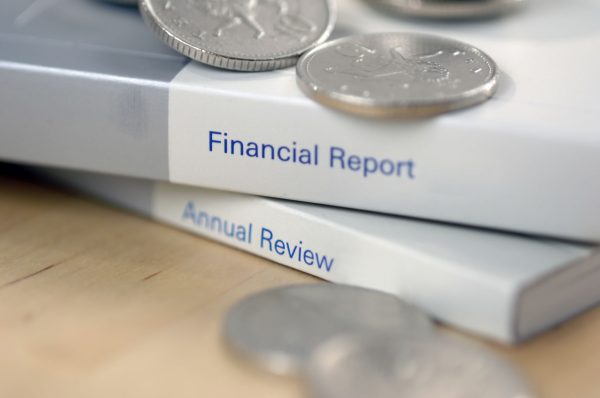We’ve had a flurry of queries at Insight Training in the last few weeks about section 479A of the Companies Act 2006 and how Brexit will affect it. Here, in a nutshell are the key questions:
What is section 479A?
Section 479A allows a subsidiary company in a group to take advantage of audit exemption provided that its parent company guarantees all its year end liabilities, actual and contingent. The guarantee is provided under section 479C of the Companies Act. This is potentially a very useful mechanism because the Companies Act otherwise requires any non-dormant UK subsidiary in a medium-sized or large group to be audited separately, wherever the group is domiciled.
Do a lot of companies use it?
In our experience, it’s not as commonly used as you might think. A common reason for setting up a group is to ringfence the activities (and debts) of individual subsidiaries. Why, therefore, would a parent want to provide an unequivocal guarantee over all the liabilities of one or more of its subsidiaries?!
The other thing to be aware of is that the group itself will still need an audit (assuming it is medium-sized or large). Applying section 479A just exempts the individual subsidiary from having a separate audit. This can make group audits more straightforward – and cheaper.
What’s changing with Brexit?
As a result of Brexit, the section 479A exemption will no longer work if the parent providing the guarantee is based in a European Economic Area (EEA) member state. It would have to be based in the UK.
What if the group has a guarantor parent based in, say, the USA?
No, that wouldn’t work. The legislation always required the parent providing the guarantee to be based in an EEA member state (including the UK). It wouldn’t work for a parent based outside the EEA and it still won’t.
What if the group has an intermediary parent based in the UK?
Yes, that would work but the UK parent providing the guarantee would need to prepare group financial statements and the subsidiary concerned would need to be consolidated therein. That might give rise to multiple sets of consolidated accounts which could make the process quite clunky.
Would the change affect a subsidiary with a 31 December 2020 year end?
No. The change affects accounting periods beginning on or after 31 December 2020, so some of the questions that we have been getting on this topic are perhaps a bit premature! If a group wanted a subsidiary to take advantage of the exemption for one further year it could potentially shorten its accounting reference period to do so.
Anything else to watch for?
There is quite a lot of detail in the relevant legislation. Here are some of the key points:
- all of the members of the subsidiary must agree to the exemption (a formality if it is a wholly owned subsidiary);
- the parent undertaking must disclose in the notes to its consolidated accounts that the subsidiary is exempt from the requirements of the Act;
- the section 479C guarantee and a written notice of agreement of the members to it must be filed at Companies House;
- the directors of the subsidiary company must deliver to Companies House, on or before the date that they file the accounts for that year, the documents above; and
- the subsidiary must include a note in its financial statements explaining that it has taken advantage of the exemption.
ICAEW’s Business Law Faculty updated its guidance paper on this topic in November 2020 to take account of the Brexit-induced changes. This can be downloaded by members at Exemption from audit by parent guarantee.
There are some other technical changes to financial reporting and auditing brought about Brexit but few that will actually affect preparers and auditors of accounts day to day.
Brexit impacts will be covered on Insight Training’s Financial Reporting Update (11 May) and Audit Update (25 May) this Spring. For more information and to book visit insight-training.biz/online-seminars.
Peter Herbert





